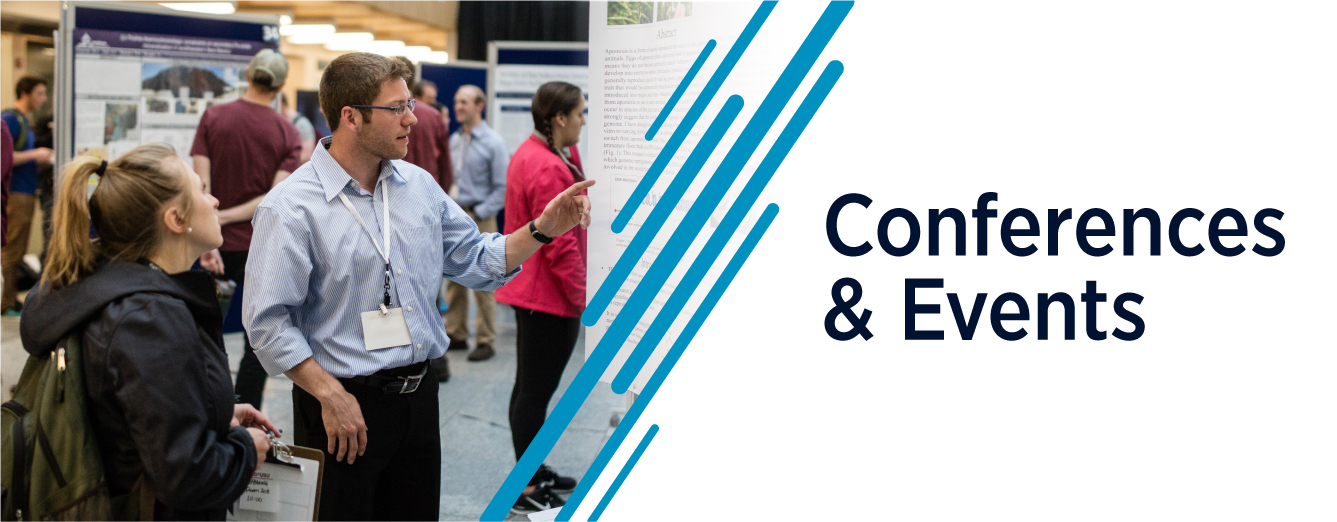Abstract
ESA’s 9th earth explorer mission Far-Infrared-Outgoing-Radiation Understanding and Monitoring (FORUM) aims for the first time to perform spectrally resolved, traceable measurements over extended time periods of earth’s outgoing FIR radiation in the wavelength range from 3.62 μm to 100 μm, providing valuable data for climate research, modeling and prediction. So far, only spectral measurements up to 17 μm have been realized. However, about half of earth’s outgoing total energy is found at wavelengths beyond 15 μm, making the FIR region crucial for earth’s energy budget and hence climate development. FORUM aims to close the data gap with an aspired absolute uncertainty of 30 mK in spectral radiation temperature equivalent.
PTB will support FORUM by traceable calibration of its on-board reference source under vacuum via its Reduced Background Calibration Facility 2 (RBCF2). An absolute radiometric uncertainty of 30 mK in radiation temperature demands an FIR laboratory reference source with an absolute uncertainty of 10 mK or less, which lies beyond currently available radiometric reference sources, not just for the FIR, but for the MIR and NIR as well. Additionally, to reach the challenging radiometric target uncertainty, background radiation must be considered and actively controlled. This necessitates the development of a new reference blackbody for FIR calibration under vacuum in combination with a precisely temperature controlled and uniform scenery.
In this talk we will present the development of a novel radiometric FIR calibration system consisting of a Variable temperature Reference Blackbody (VRBB) and a thermal shroud called Coldscreen (CS) which combined will reach radiometric uncertainties in-lab below 10 mK in the FIR region. The design principles guiding development and manufacturing will be presented and first hardware prototypes for the CS are discussed. The blackbody is designed to be coated with carbon nanotubes, because these show the highest emissvity in the FIR region, which poses unique challenges for manufacturing. The CS will realize different background radiation environments and thus help correct background signals, which can be applied beyond the needs of FORUM to help calibrate reference sources from NIR to FIR with unprecedented uncertainty.
A Novel Vacuum FIR Calibration System in Support of ESA’s 9th Earth Explorer Mission at PTB
ESA’s 9th earth explorer mission Far-Infrared-Outgoing-Radiation Understanding and Monitoring (FORUM) aims for the first time to perform spectrally resolved, traceable measurements over extended time periods of earth’s outgoing FIR radiation in the wavelength range from 3.62 μm to 100 μm, providing valuable data for climate research, modeling and prediction. So far, only spectral measurements up to 17 μm have been realized. However, about half of earth’s outgoing total energy is found at wavelengths beyond 15 μm, making the FIR region crucial for earth’s energy budget and hence climate development. FORUM aims to close the data gap with an aspired absolute uncertainty of 30 mK in spectral radiation temperature equivalent.
PTB will support FORUM by traceable calibration of its on-board reference source under vacuum via its Reduced Background Calibration Facility 2 (RBCF2). An absolute radiometric uncertainty of 30 mK in radiation temperature demands an FIR laboratory reference source with an absolute uncertainty of 10 mK or less, which lies beyond currently available radiometric reference sources, not just for the FIR, but for the MIR and NIR as well. Additionally, to reach the challenging radiometric target uncertainty, background radiation must be considered and actively controlled. This necessitates the development of a new reference blackbody for FIR calibration under vacuum in combination with a precisely temperature controlled and uniform scenery.
In this talk we will present the development of a novel radiometric FIR calibration system consisting of a Variable temperature Reference Blackbody (VRBB) and a thermal shroud called Coldscreen (CS) which combined will reach radiometric uncertainties in-lab below 10 mK in the FIR region. The design principles guiding development and manufacturing will be presented and first hardware prototypes for the CS are discussed. The blackbody is designed to be coated with carbon nanotubes, because these show the highest emissvity in the FIR region, which poses unique challenges for manufacturing. The CS will realize different background radiation environments and thus help correct background signals, which can be applied beyond the needs of FORUM to help calibrate reference sources from NIR to FIR with unprecedented uncertainty.
